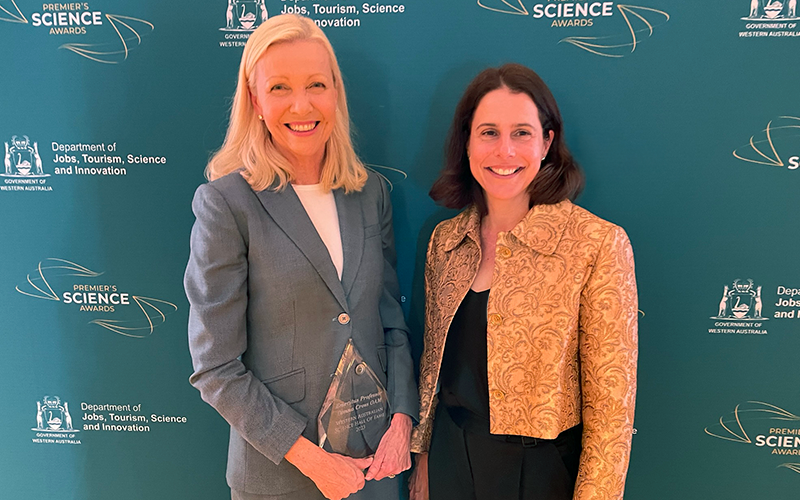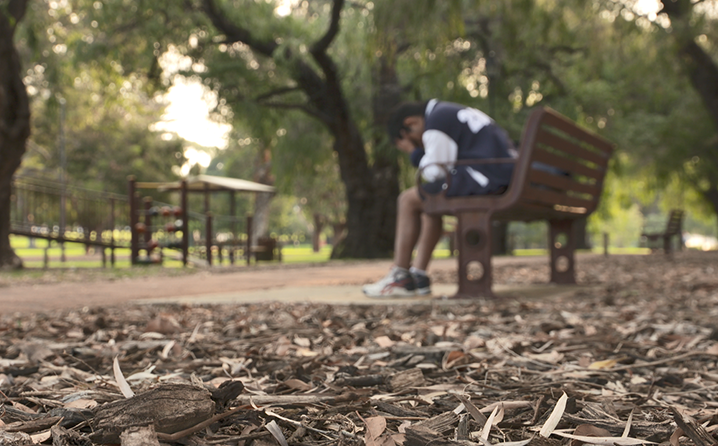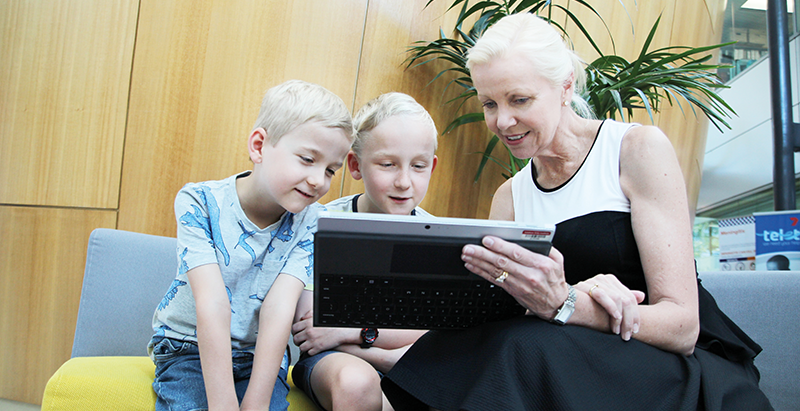Search

Pioneering anti-bullying researcher Emeritus Professor Donna Cross OAM was last night announced as the latest inductee into the WA Science Hall of Fame.

What began as a small formative research project 20 years ago has grown into a universal bullying prevention and social skills development program which has helped countless Australian children and their families.

As a parent, it can be very stressful to learn that your child is being bullied. Our instinct is to protect our children at all costs - but how exactly should we do this?

More than half of all children who are bullied do not tell anyone.

Schools from around the globe have turned to The Kids Research Institute Australia, seeking access to invaluable lessons learned from Australian students on how to effectively reduce harm from cyberbullying.

Professor Donna Cross’ innovative research aims to protect children from the harmful effects of online bullying.

In this video, Professor Donna Cross from the Telethon Kids Institute provides some practical advice on how to respond if your child is being bullied.
